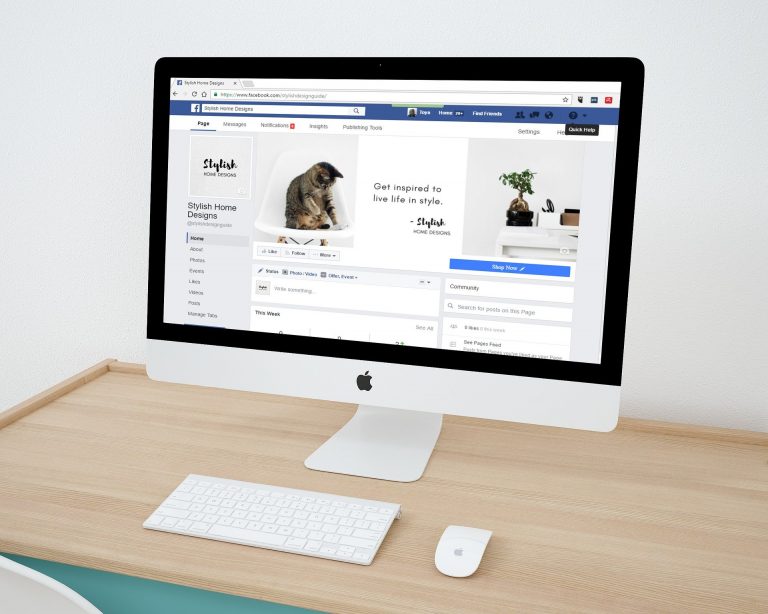Australia is thinking about introducing a new law designed to put an end to defamatory comments posted on social media by anonymous accounts. The proposed legislation will require social media networks to provide details of such accounts.
The government plans to set up a complaint mechanism. If a user feels that they are being bullied, attacked, or defamed on social media, they can ask the platform to take down the offensive content. In case the network does not comply with the request, a court can force the company to provide details regarding the account.
“The online world should not be a wild west where bots and bigots and trolls and others are anonymously going around and can harm people… That is not what can happen in the real world, and there is no case for it to be able to be happening in the digital world,” Australian Prime Minister Scott Morrison said at a press briefing. He insisted that digital companies, who have created the social media space, need to make it safe. If they fail to do so, “we will make them” via such laws, Morrison stated.
The Australian PM pointed out that it is in the interests of social media companies to ensure that they divulge who owns a particular account. If they don’t obey, these platforms might have to face numerous lawsuits. By complying with the law and providing information on the anonymous accounts, they can use the defense of just being a publisher of comments. Platforms are expected to reveal the cellphone number and email addresses of anonymous users.
“These are tough new, world-first laws that will give Australian courts the power to order social media giants to identify perpetrators or risk incurring hefty defamation payouts,” Michael Miller, executive chairman of News Corp Australia, told WSJ.
Success
You are now signed up for our newsletter
Success
Check your email to complete sign up
The law against anonymous accounts follows an Australian court deciding that media companies are responsible for the comments posted by users on their Facebook pages. The decision, made by the Australian High Court in September, was part of a case in which the plaintiff was subjected to defamatory comments on Facebook pages of media firms.
“The acts of the (media companies) in facilitating, encouraging and thereby assisting the posting of comments by the third-party Facebook users rendered them publishers of those comments,” Justice Rothman stated. However, the court did not rule whether Facebook itself is liable under such circumstances as the platform was not sued. The judgment forced the country’s state and territory governments to rewrite their defamation laws. CNN quit Facebook in Australia after the court decision.
Last month, Morrison called social media a “coward’s palace.” He insisted that platforms like Facebook must be held liable for defamatory posts made by anonymous accounts.
“Cowards who go anonymously on to social media and vilify people, and harass them, and bully them, and engage in defamatory statements, they need to be responsible for what they’re saying… Social media has become a coward’s palace where people can just go on there, not say who they are, destroy people’s lives and say the most foul and offensive things to people, and do so with impunity,” Morrison said.
Critics are worried that the proposed law might end up violating the right to privacy. The right to remain anonymous is critical for vulnerable groups.
An Uyghur living in Australia can use an anonymous account to criticize the CCP in a media report about the community’s persecution. But under the new law, pro-CCP groups can call such comments defamatory and force Facebook to reveal details about the account. Moreover, some security experts explain that most of the cruel or defamatory comments made online often come through real accounts.
“A high bar for evidence of necessity, safety, and effectiveness should be required before the government asks Australians to accept a measure which almost no other country has imposed,” Elise Thomas, an open-source intelligence analyst at the Institute for Strategic Dialogue, told ZDNet.
Consultation on the legislation against anonymous social media accounts will soon begin. The Australian PM believes the law could be introduced in the Parliament next year. Australia does not have free speech protections in its constitution like the First Amendment in the United States. As a result, the country is perceived as having plaintiff-friendly defamation lawsuits; these cases are more easily won in Australia than in other nations.














